Nimbys and bird lovers blow Germany’s clean energy campaign off course
Germany’s transformation to clean energy has been slowed to a crawl by botched policies, nimbyism, conflicts with conservationists over birds and bats and cheap Russian gas.
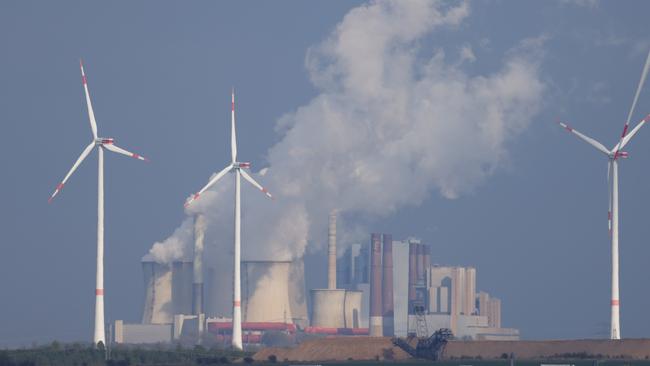
“Here the whole sky is smoke,” the writer Joseph Roth noted as he travelled through the Ruhr, Germany’s old industrial heartland, nearly a century ago. “It hangs in a grey pall over the land that has made it and that continues to make more of it ... It is sacrifice, god and priest all at once.”
Today the skies have largely cleared, yet as the war in Ukraine throws another spanner into the works of Germany’s stalling shift to clean energy, the coal-fired plant at Datteln, the largest in the region, will belch smoke for years to come.
The transformation to clean energy has been slowed to a crawl by botched policies, nimbyism, conflicts with conservationists over birds and bats and cheap Russian gas.
Last year not a single offshore wind turbine was connected to the grid. The solar industry has been ruined. Permits for onshore wind installations slumped by more than 80 per cent after a change in the tendering rules five years ago, costing up to 60,000 jobs. Bavaria, the largest state by area, approved a total of six new wind turbines last year.
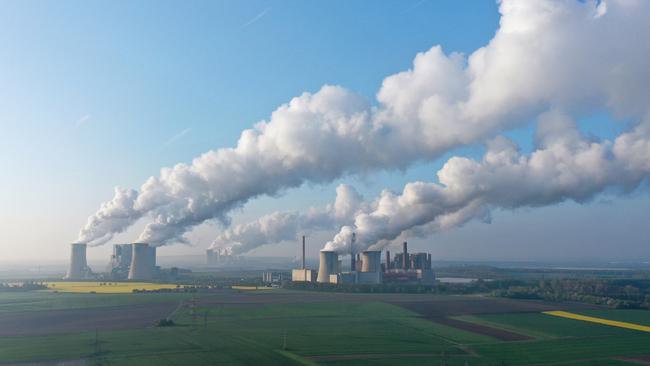
Onshore wind is the single biggest source of electricity, providing nearly a third of the country’s requirements.
But until now less than 1 per cent of Germany’s area has been allocated for possible wind farms. Robert Habeck, the Green Party energy minister and vice-chancellor, wants to more than double this share.
The hard part will be reforming planning rules so labyrinthine and riddled with openings for opponents of wind power that it takes seven years, on average, to get approval. The obstacles are legion, ranging from military helicopter flight paths to the national weather forecaster’s radars, which are apparently apt to mistake wind farms for storm fronts.
Another is the protection of vulnerable species, which often pits conservationists against environmentalists. From the red kites of Paderborn and the lesser-spotted eagles of the Baltic coast to the pipistrelle bats knocked down by whizzing blades in Saxony on their way from Belarus, there seems to be no shortage of endangered flying animals at risk of a fatal encounter with a turbine.
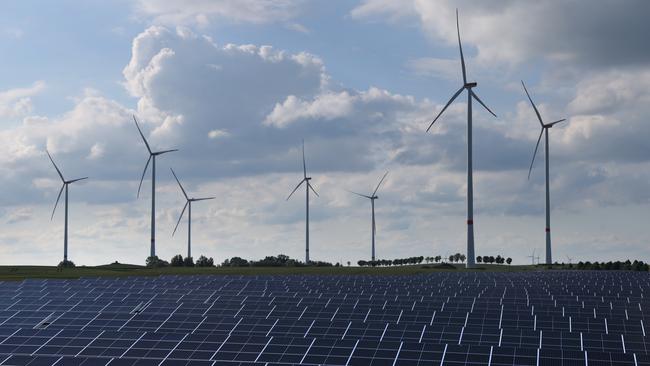
Over the past decade, Nabu, a conservation charity, has mounted 45 legal challenges to 240 planned wind installations, mostly with success.
Simon Muller, Germany director at the Agora Energiewende think tank in Berlin, said the rules also provided a pretext for nimbys and climate sceptics to block wind farms.
“In some cases, people who are just against wind have been using this route to say, ‘That’s the problem we have with it’, although really it was just a convenient way of getting rid of the projects,” he said.
Nimbyism is a potent force in its own right. Hundreds of “citizens’ initiatives” have banded together into an umbrella lobby group called Vernunftkraft (power of reason) that orchestrates the national anti-wind-farm movement.
Mindful of these citizens’ votes, local politicians have sometimes stacked the planning laws against wind. Bavaria has a rule that turbines must be separated from the nearest house by a distance of at least 10 times their height – which can mean 2km.
The Federal Environment Agency estimated that such rules could ultimately cost Germany about 40 gigawatts of wind power, enough to save the annual carbon emissions of a country the size of Ireland.
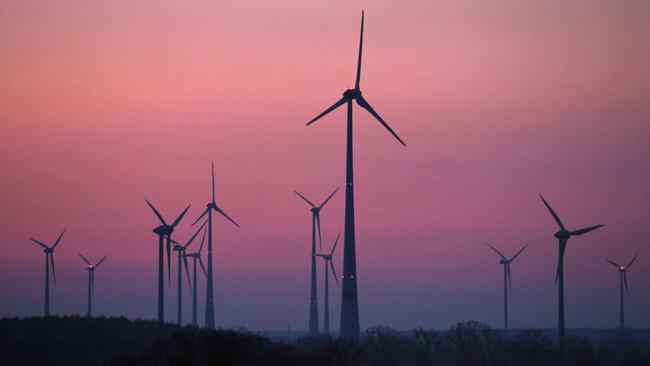
Russian President Vladimir Putin’s onslaught in Ukraine has forced Berlin to start urgently trying to wean the country off Russian gas and revive its once-proud renewable sector.
At the same time, though, it has been forced to fall back on other fossil fuels, temporarily burning more coal and committing itself to importing large volumes of liquefied natural gas from Qatar and the US until well into the 2030s.
Habeck recently conceded through gritted teeth that Germany would miss its climate targets this year, and probably in 2023 as well.
Yet there is evidence of progress too. Habeck wants to give renewable energy top priority in the planning system as a matter of national security. Modern wind turbines are so efficient that fewer are needed to generate the same amount of extra electricity.
Self-interest also helps. While some Germans dread the sight of windmills in the landscape, many others are alive to the benefits they bring, such as jobs and funding for councils. There are also signs that life is returning to the long-moribund solar industry.
Germany’s tortuous “energy turnaround” is likely to go through a few more twists yet but Muller did not hesitate when asked whether the country would hit its renewables targets by 2030: “Yes.”
THE SUNDAY TIMES
More Coverage



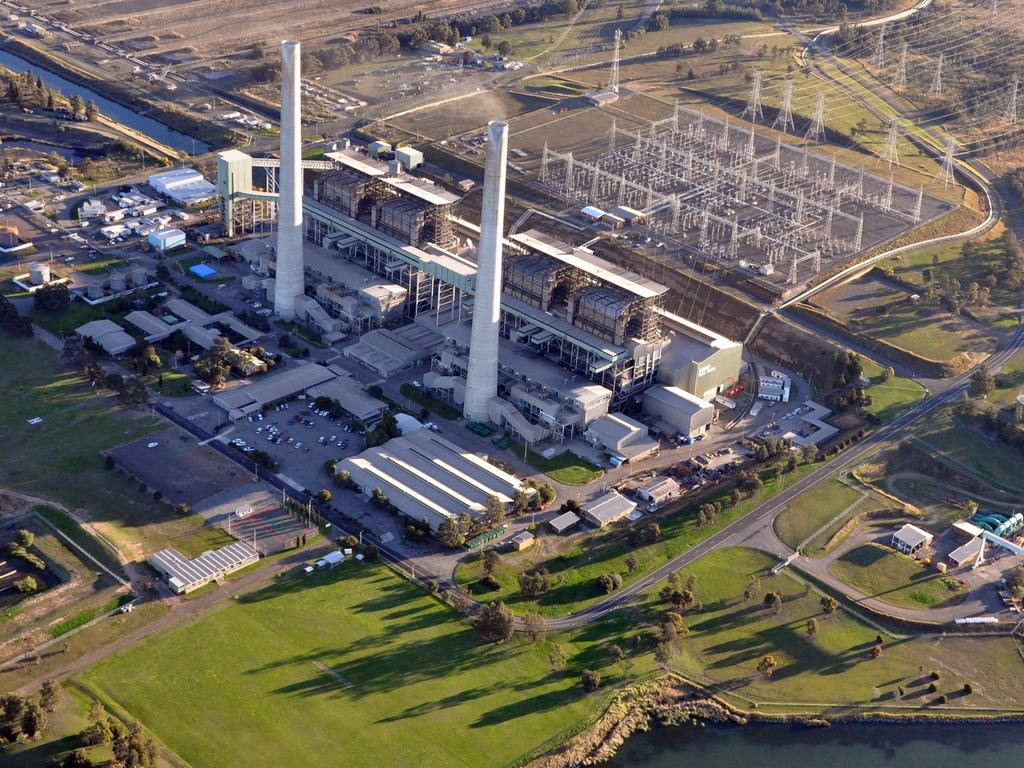



To join the conversation, please log in. Don't have an account? Register
Join the conversation, you are commenting as Logout